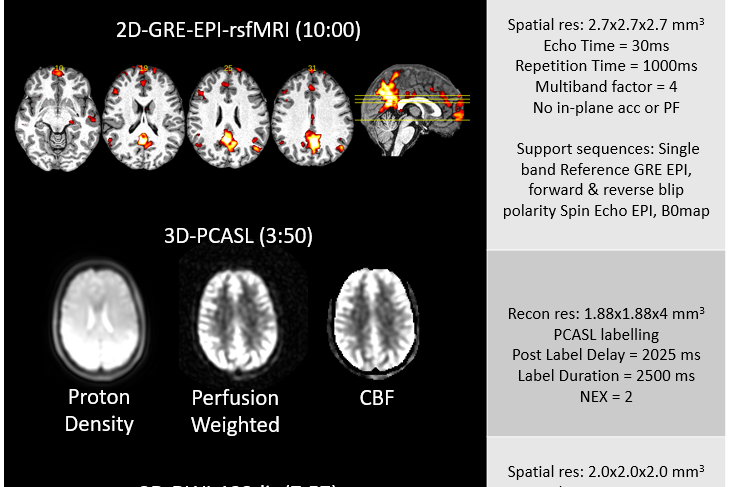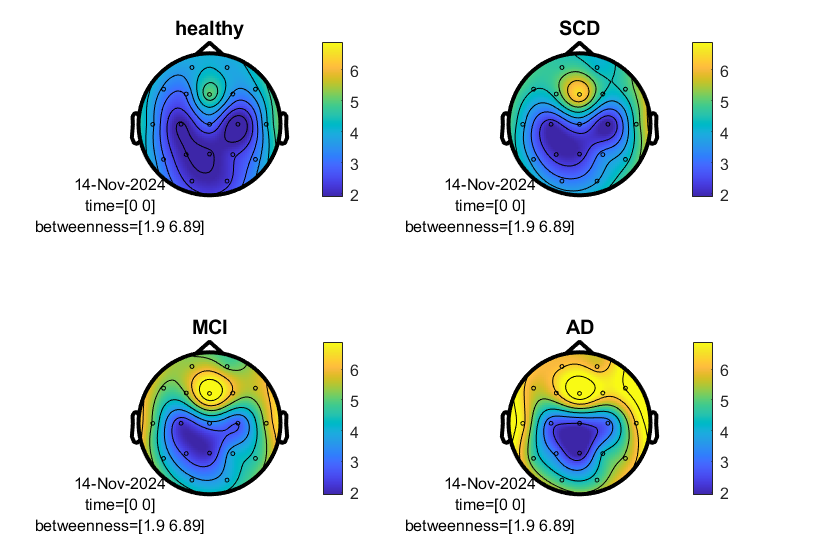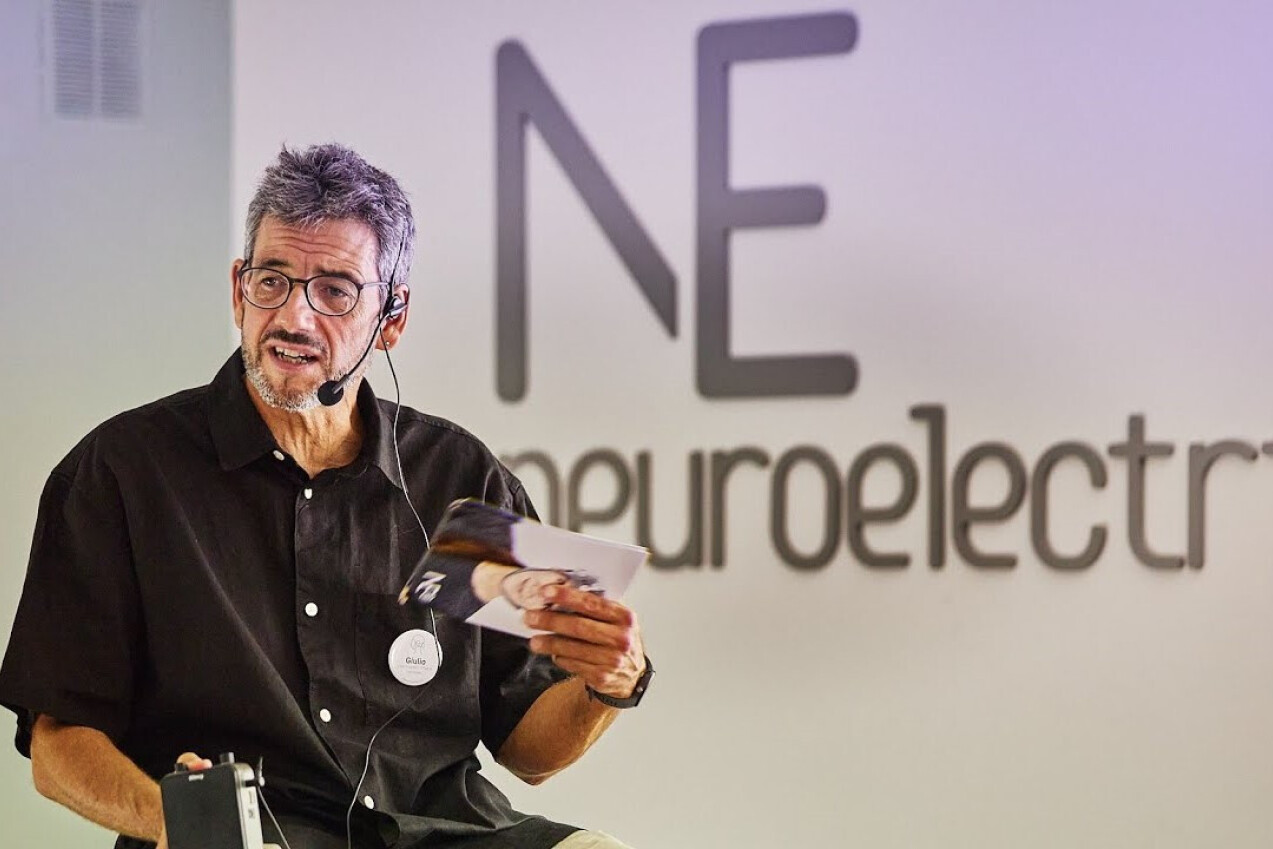Scientific publications
2025
Exploring Functional Brain Networks in Alzheimer’s Disease Using Resting State EEG Signals
Oikonomou, V. P., Georgiadis, K., Lazarou, I., Nikolopoulos, S., Kompatsiaris, I., & PREDICTOM Consortium. (2025). Exploring functional brain networks in Alzheimer’s disease using resting state EEG signals. J. Dement. Alzheimer's Dis., 2(2), 12. https://doi.org/10.3390/jdad2020012
The study found progressive changes in functional brain connectivity across stages of Alzheimer’s disease, marked by increased theta-band betweenness centrality and decreased centrality in the alpha and beta bands. Theta-band betweenness centrality showed the highest discriminative power in identifying disease stages. Connectivity metrics derived from EEG performed on par with advanced deep learning models, highlighting their promise as noninvasive and interpretable biomarkers for early detection and monitoring of Alzheimer’s disease.
Latest news

News
PREDICTOM Launches Standardized MRI Protocol to Detect Early Alzheimer’s Risk
PREDICTOM has unveiled a standardized MRI protocol designed to identify early biomarkers of Alzheimer’s disease. With dementia cases in the EU projected to double by 2050, early detection is more critical than ever.

News
New study reveals subtle brain network changes in early Alzheimer’s
A new study from the European research project PREDICTOM shows that even small memory problems can be linked to early changes in the brain, changes that can be measured with a simple brain scan.

News
Starlab and Neuroelectrics Join PREDICTOM to Improve Early Detection of Alzheimer’s Disease
Starlab and Neuroelectrics have officially joined the PREDICTOM project. This EU-funded initiative is working to develop an AI-based tool that can detect signs of Alzheimer’s disease earlier than today’s methods. With dementia cases expected to double in the EU by 2050, early detection is more important than ever for patients, families, and healthcare systems.
